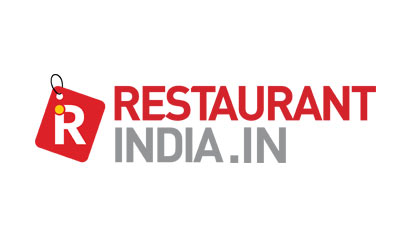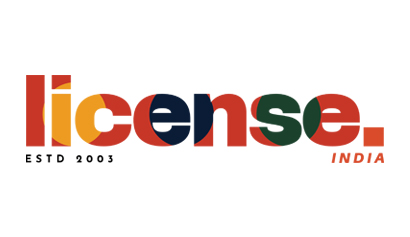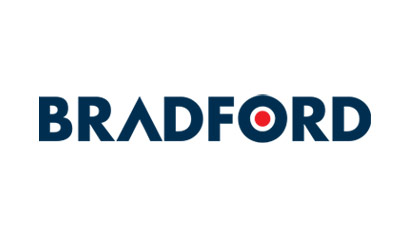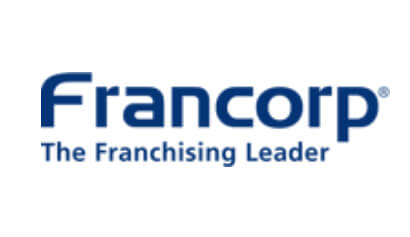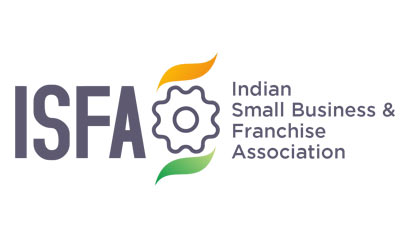To get access to over 10000+ Franchise Business Opportunities.
Network with the growing Business Community to get expert interventions to let you learn to Grow & Expand your Business with Franchising.
The market size of K-12 sector is estimated at $ 34 billion which constitutes over 50 per cent of the total education market which is growing at a Compound Annual Growth Rate (CAGR) of16 per cent. The enrollments in K-12 are going to be 351 million, requi
IN the education industry, K-12 refers to education imparted to students from Kindergarten to Standard XII. According to a recent report, the primary and secondary education, the K-12 sector is expected to reach $ 50 billion in 2015 from $ 24.5 billion in 2008, growing at an estimated CAGR of 14 per cent. As franchising in education has emerged as one of the most preferred business options for expansion, existing franchisors and a few established players in this sector have also chosen the same route.
Growing tribe of Edupreneurs
Franchising is a duplication of an existing business model; it does not fix broken businesses or remove flaws in operating systems. Therefore, to achieve long-term success, it is essential to put in place the right systems, processes and people to expand the company.
Commenting on the same, Lina Ashar, Founder, Billabong High International Schools, says: “If you have the right model in place and the market makes sense, franchising can be one of the most powerful expansion models. Therefore, after perfecting our business model we had opted for franchising to scale up our two brands i.e. Kangaroo Kids and now Billabong High, after putting these factors in place and assessing ourselves over a period of time. What we have realised is that the operators, who have their own capital invested, manage locations more profitably (e.g. McDonald's franchisee has average 20% higher profitability than company-owned locations).”
Franchising has proved fruitful for many so far in this sector. One of the major players in this sector, Educomp solutions, too has been seeking partnerships and entering into them since 2007. According to Partho Dasgupta, President, Educomp Schools: "Educomp Schools was launched keeping in mind the huge shortage of schools, especially high quality ones, in the country. The K-12 sector was and continues to reel under many problems such as issues pertaining to quality (outdated curriculum and teaching methodologies), shortage of trained teachers, out-of-sync education delivery models, lack of infusion of best practices, low technology penetration, etc. Educomp Schools was set up to address these issues, leveraging the knowledge assets of Educomp, India's largest and most innovative education company, which has a number of pioneering products and services for K-12 to its credit.”
Franchise report card
According to census figures, out of India's population of 1.1 billion, over 32 per cent are in the age group of 0-14 years. But schools offering education to children in this category are very few. This shows that there is a great potential in this sector. After the preschool segment, now it's time to explore the prospects in this sector.
Billabong High International Schools has 75 schools across tier I cities and all metros in the country, and they are also looking forward to their overseas presence. They are looking at expanding in those developing countries that have a similar cultural/demographic makeup as India. The requirements in terms of area to open Billabong High International Schools' franchise vary for metros and outside metros. For metros it's one acre and outside metros it's four acres.
Educomp schools also have a fairly substantial presence across India. Currently, they have 65 + K-12 schools that are operational, out of which nine are franchisee-run. They plan to more than double the numbers in the next two years. To associate with the brand, a potential franchisee needs to invest Rs 12 - 25 crore in an area of 3-10 acres.
Invest in training
Franchisees in the education sector cannot run their institution well without training and support. Therefore, a majority of franchisors offer complete support to their franchisees in every important aspect of running a school. Highlighting the significance of training and support in franchising, Partho Dasgupta, President, Educomp Schools, says: “We offer complete support to our partners, from teacher-training to brand-building to process training. Educomp has very strong R&D, which focuses on curriculum. These learning systems are exclusive to our brand for which we hold the IP, and it is a critical component of our success in any market.”
Challenges and strategies
As there are challenges across all business sectors. Similarly, K-12 sector in education industry do have its share of challenges. The biggest challenge is high investment. Also developing a successful franchise system is not as simple as training sales personnel or employees to succeed within an organisation. Regarding challenges, Lina says: “We have had our own challenges; the skills and mindset needed to train a franchisee to operate an entire organisation on his/her own require another level of skill and patience by leveraging standardised business systems and putting owner operators in place to manage the day to day operations of each unit. We have been able to scale our business models both nationally and internationally.”


Business Opportunities
Browse By Investment Range
Browse By States
Popular Cities
We value your privacy.
You can unsubscribe anytime






